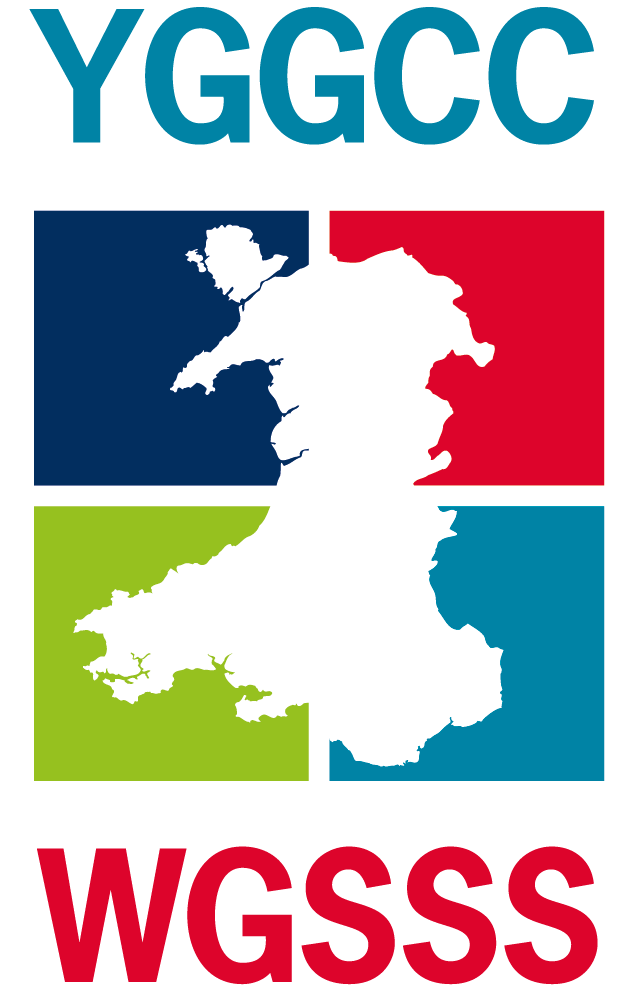
Dr Emily Lowthian (E.M.Lowthian@Swansea.ac.uk)
School of Social Sciences, Swansea University

Dr Catherine Storey (c.storey@bangor.ac.uk)
School of Education, Bangor University

Prof Steve Cooper (SMCooper@cardiffmet.ac.uk)
Cardiff Metropolitan University,

Prof Dean Stroud (StroudDA1@cardiff.ac.uk)
School of Social Sciences, Cardiff University
Overview
Educational institutions, processes and outcomes affect everyone in some way or another, and often very deeply. With this in mind, the Education Pathway combines leading-edge theoretical work, empirical study, policy and practice analysis, and methodological innovation and expertise to equip students for the rigorous analysis of educational processes and their social, political, cultural, and economic contexts. The Pathway recognises that research is highly impactful, shaping policy debates to the highest levels of government, and drawing on cross-disciplinary work from the fields of sociology, social policy, linguistics, data-science and psychology.
The Education Pathway involves Bangor University, Cardiff Metropolitan University, Cardiff University and Swansea University and across these institutions we offer expertise that spans many fields of education and learning. Our research areas include pedagogy and curriculum, in-/exclusion, children and young people, education and skills policy, adult learning and the workplace, management and leadership, and technology enhanced learning, as well as a wider focus on culture and identity, work and labour markets, and bilingualism and linguistics. These diverging but complementary areas capture a rich diversity of expertise across the four institutions that are part of the Pathway and signal our research strengths.
Environment for doctoral research and training
Our research environment comprises numerous national and international cross-university and policy networks and leverages the strengths of the four institutions for a high-quality training offer. The Pathway is built upon an international reputation for methodological innovation in the social sciences, including advanced qualitative and quantitative methods, and with each institution contributing particular areas of expertise, for example, in Advanced Statistics (Swansea), Close-to-Practice Research Design and Evaluation Studies (Bangor), the Centre for International Research into Leadership in Education (CardiffMet) and Creative Methods (Cardiff). Across all institutions there are numerous opportunities to network by means of conferences, seminar series, colloquia, active participation in national and international events, and other initiatives.
Knowledge exchange and careers
Students engaged on the pathway will have the opportunity to engage with the networks of the four institutions through their research centres, including the Wales Institute of Social and Economic Research (WISERD), and engagement with public, private and third sector organisations e.g. the Welsh Government, S4C, Mudiad Ysgolion Meithrin, Ysgol Y Gogarth, Teach First, Sports Wales, Educational Workforce Wales, and many others. The Education Pathway aims to build the skills and expertise of new education researchers embarking on PhD study, and support their career aspirations for employment within academia and, more broadly, as researchers within the public, private and third sectors.
